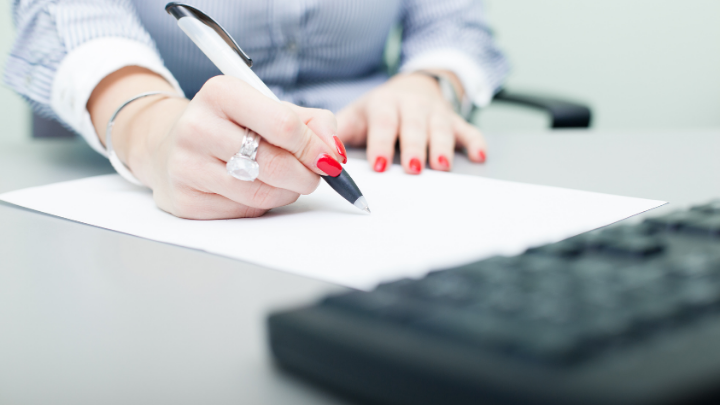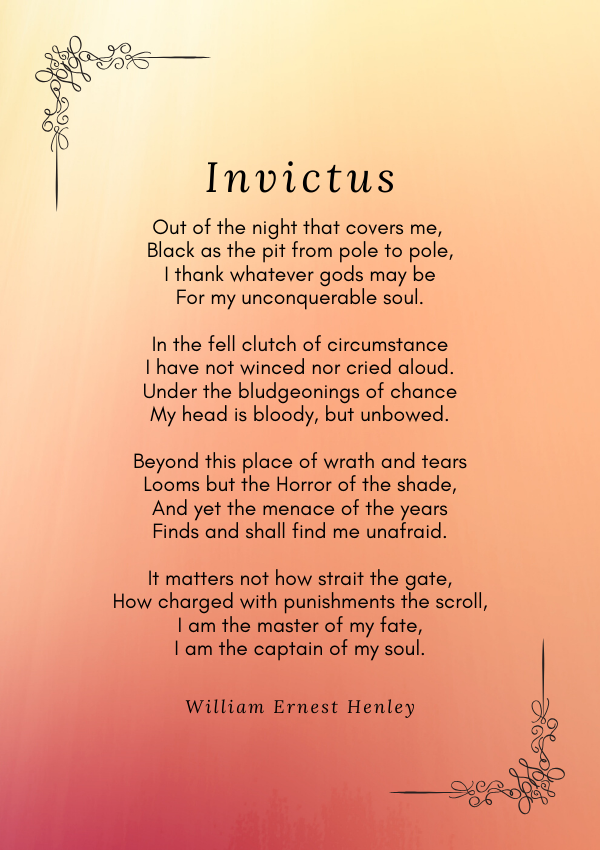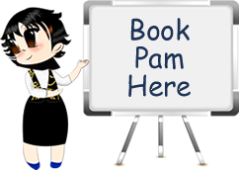
Future Planning During the COVID-19 Crisis
This is the third article in my series on dealing with the impact of the COVID-19 crisis (click here for Part 1 and Part 2)…
And in this article, the advice I offer differs from that which I would usually give about how to find and get to your ideal position in life.
PLAN FOR THE IMMEDIATE FUTURE,
PREPARE FOR THE LONGER TERM
That is not to say you can’t take time to look further ahead.
You can certainly work on the longer-term future and plan and prepare your steps towards it. But be aware that actually achieving your goals will probably stall at the moment. This is because most goals need physical human interaction at some point and this is near impossible at the time of writing this article.
A better use of your energy right now is to lower your sights for the time being. Look at the now and find a way to pull the best from it.
Only Allow Yourself to Look a Maximum of Seven Days Ahead
Your brain can only function and cope with a minimal level of uncertainty. If you try projecting too far ahead this will lead to overwhelming stress and worry which translates into an inability to act. It is just too much to handle and will lessen your chances of surviving in reasonable shape.
My recovery started to leap ahead to the doctors’ amazement, once I adopted this shorter-term thinking. I would start with blocks of five minutes and concentrate on planning to survive them well. Then, when I had a bunch of those under my belt, I would increase the goal to half an hour, an hour, a day, and more. Eventually, I made it to seven days, and then I would stop. That was enough.
Slipping back into this strategy more recently has helped me keep everything in perspective. The immediate obstacles are smaller and I’ve found the transition relatively pain-free.
Stamp on the 'What Ifs'
When the future holds many unknowns, ‘what ifs’ are a pointless waste of time and energy. Banish them from your thought processes. And conserve your energy for more productive thinking.
Again, when I turned away from the ‘what ifs,’ it made everything I faced more bearable. Choosing to deal only with what I could see or the things that cropped up within my immediate day(s), freed me to be flexible and alter my actions daily.
Aim to Achieve One Thing Per Day
Rather than making a list of things to do every day, wake up with one specific thing you want to get done that day.
This doesn’t mean you shouldn’t or can’t do more things, but, having just one goal a day will reduce the chemical stress hormones in your brain. We need a purpose to get up and get going, but with too many, it’s easy to become overwhelmed.
I vividly remember when my hands were still badly burnt. I woke up one morning and decided my goal for that day was to clasp my cup of tea and drink from it. Drink it from the cup rather than having to use a straw.
It wasn’t easy and I had to give up and walk away from the task several times. But, I kept on persevering and by the evening had managed it. (I did, however, end up wearing quite a bit of the tea!) I went to bed that night satisfied and woke the next morning with the new goal of pushing my hand capability a little bit further.
As the years, have passed my daily goals have changed into larger, more important ones. But each one is a culmination of all the goals that preceded them, and in this way, my life has moved forwards and onwards.
Consider Alternative Realities
There’s no harm in desiring whatever you want from life but things rarely transpire exactly as you imagine. A great confidence booster in trying times, such as the COVID-19 crisis, is to consider what else you could end up doing in the future.
Think back to what you’ve done in the past or skills you have that may have fallen by the wayside. Then imagine a whole new existence where using those is your main occupation.
Don’t pay any attention to whether you would enjoy the job or not. It’s not that you are going to pursue these ideas (in an ideal world). The purpose is to help you to appreciate that you could do other things to make ends meet if you had to.
Don’t say ‘no’ to anything that occurs to you. Stay open and at least build it into your thinking.
When I dropped out of school at the age of 16, I’d flunked most of my exams and had very little to offer prospective employers. With no evident skills, my first job was as a cleaner. Not exactly a dreamt of career but it paid the rent and put food on my table.
I had other types of jobs afterward before I found my ideal career. They all furnished me with various skills that I, fortunately, have not had to call upon since leaving them behind.
However, during this coronavirus crisis, I have imagined that, if things do not return to the way they were before, I am once again a cleaner, bookkeeper, assistant, etc.
And, should the situation require it, I am confident I would re-invent myself once again, doing at least one of those to keep body and soul together. I don’t have to like or want it, I would just do it.
Thank Your Lucky Stars
Sounds twee I know but I’m not talking about gratitude lists or writing out copious words as to why you should be thankful. What I am saying is you should take a beat at the end of every day to say a thank you for yourself. Even if it has been a dreadful day, there will be a small something from it that you can say thank you for.
Here are a few pointers:
- Keep it basic and simple.
- Make it personal to you.
- Don’t feel it has to be particularly worthy, you’re not going to broadcast it to anyone.
- You could say thank you just for making it through another day in one piece. Thank you if the day has been a lovely, warm sunny one. Thank you for… well, you get the idea.
- Even the briefest self-thank you – made at a time when another thought won’t immediately usurp it – can engender a chemical reaction that results in feelings of contentment (even if your environment does not).
In the peace after I turn off my light and settle into bed, I have one final thought before closing my eyes, and that is my thank you. For me, it’s easier because I’m continually and acutely aware of still being alive, having been so close to death in the past. I have been thankful for this every day since the train crash and can honestly say I am always generally content.
Plan Your Fluid and Flexible Future
This works when planning your immediate future as well as your ideal longer-term future.
When thinking, planning, and preparing for these futures make sure to build fluidity into them. Fluidity and flexibility give you the room to adapt quickly when the circumstances or environment change. Fast adaption means you have a higher probability of succeeding while also helping to reduce your level of stress and worry.
I have often seen people go through the process of laying plans for a new, bright future while being too rigid in their thinking and planning.
This type of rigidity leads to disappointment when milestones are not met. It also imposes too great a burden to perform all the time and makes the goal appear almost impossible to achieve.
I entered this steep learning curve after the crash. The years before, I used strict parameters and indicators of success in all my planning. But having been rudely knocked out of that cycle and seeing things change daily taught me the benefits of becoming fluid, something that stands me in good stead today. It also means I can switch courses quickly when an opportunity arises or, as in the world today, the unexpected hits.
Trust me, being fluid and flexible in mind and planning means you’ll be ready for anything. Even if it’s aliens landing!
And Finally...
Here is the poem I have lived by since the train crash and have pinned up where I can see it every day. I hope it inspires you too.

In my work as a motivational speaker, I offer a variety of presentations perfectly suited to helping support you and your team with the present challenges. To find out more, please click the button below:

